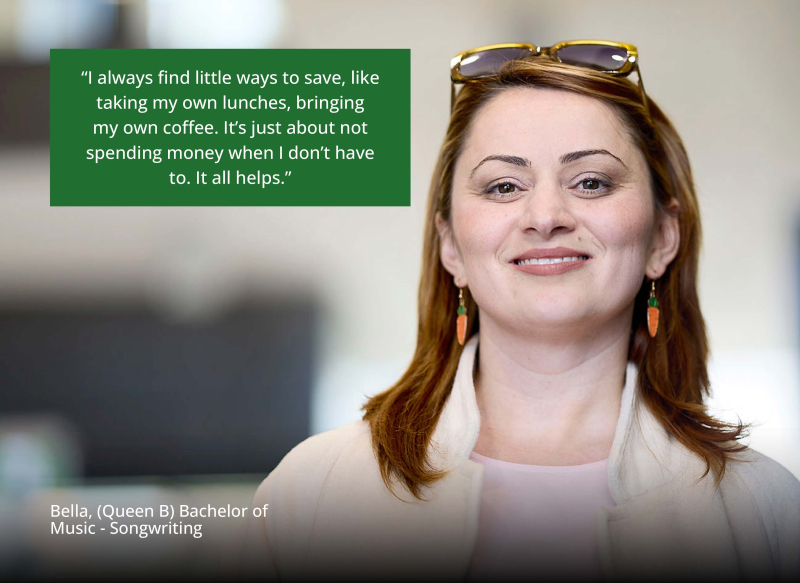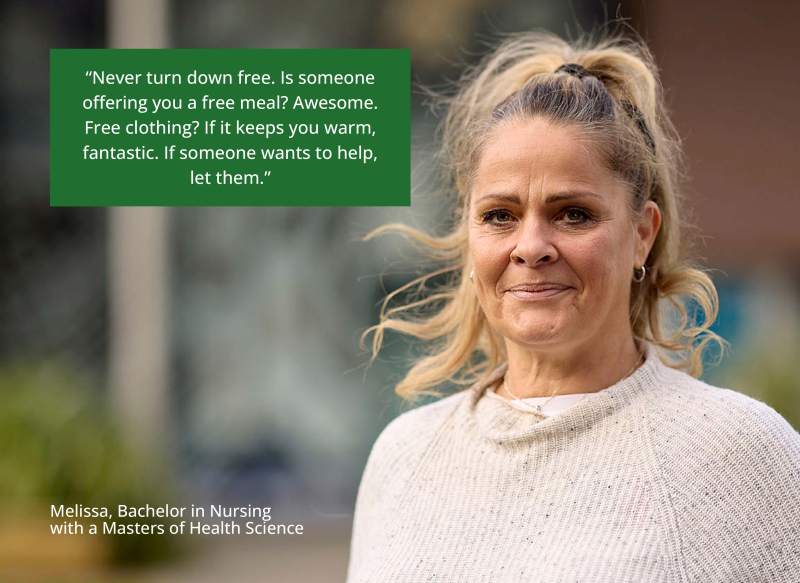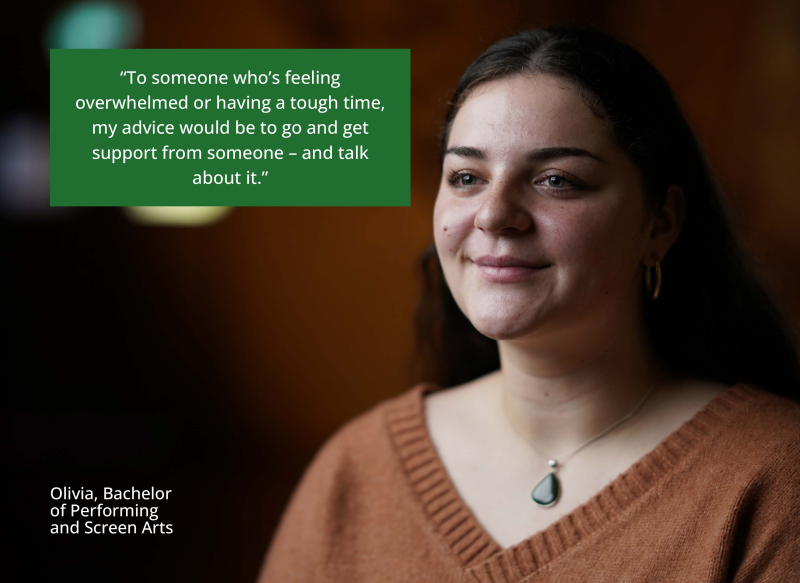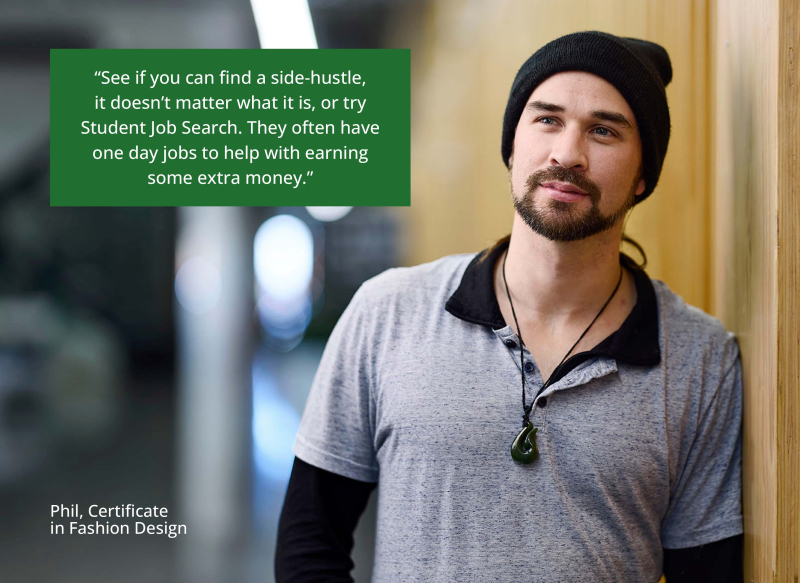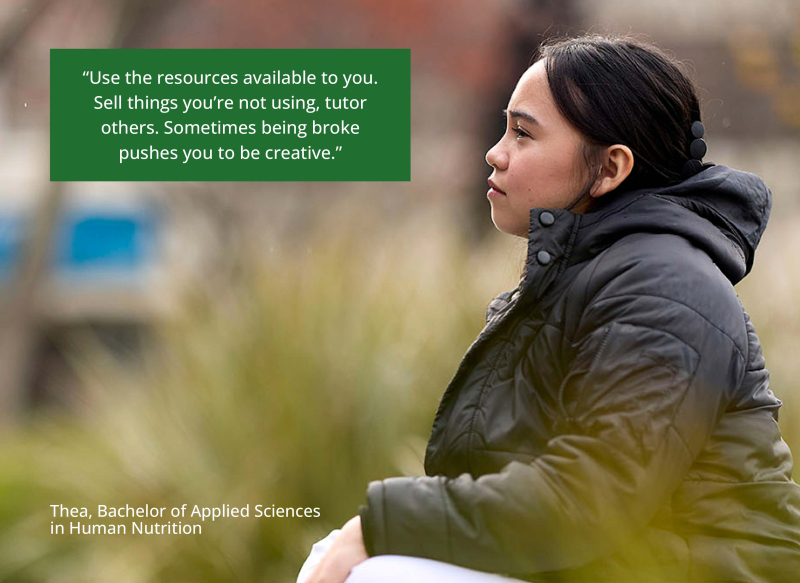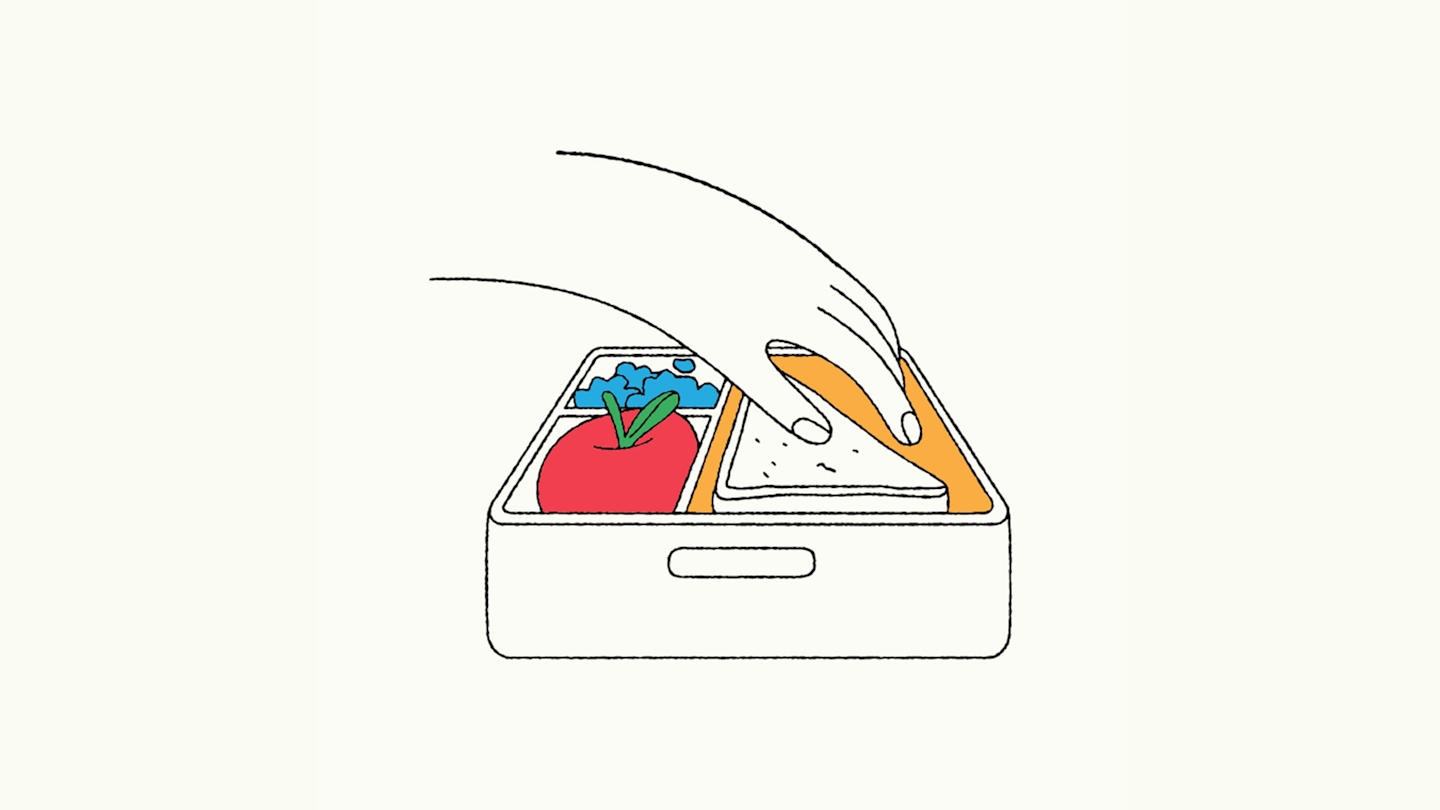
Getting through the tough stuff
Dealing with financial worries
3 min read
Financial struggles are a huge challenge to ākonga (learner) wellbeing right now, but it can be hard to talk about and even harder to ask for help.
When we were talking to ākonga to create Te Pae Ora, they told us financial challenges were complex for learners. You may have unexpected expenses, whānau to care for, debts to pay, cultural expectations and obligations on your wallet that others find hard to understand.
We know for many the cost of living, combined with being on lower incomes and needing to pay course or apprenticeship costs mean it’s hard to cover the bills, let alone have a social life.
Understandably, all of this can have an impact on your mental health and wellbeing and how you feel about your ability to control your life and have hope for the future.
But, so many ākonga are finding ways to grow, learn and thrive in spite of the very real difficulties they are facing – and you can, too.
If you’re struggling financially right now, this section is for you. It’s not full of budgeting tips (although there are links to those below). It’s here to help lift some of the shame and stress you might be feeling, and to provide advice from others who are doing their best to find a way through.
Things might be tough right now, but be kind to yourself and know that you’re setting yourself up for a brighter future.
Nāu te rourou, nāku te rourou, ka ora ai te iwi – when we look after each other and share our resources, we will all thrive.
*Note: Te Pae Ora is a wellbeing hub, so the information in this section is focused on supporting your mental health. If you’re looking for budgeting tips and support, ka pai! There’s a list at the bottom of the page.
Tips to look after yourself when you’re facing financial challenges
Most people feel shame when they’re struggling with money but sharing what you’re going through with people who understand can feel really good. It can be especially helpful to connect with people who can relate to what you’re facing, whether that’s covering the tools you need for your apprenticeship, shouldering financial pressures for your family or something else.
Your value as a person is not measured by the amount of money in your bank account. Try to focus on the good things and practise talking kindly to yourself. It sounds cheesy, but it makes a big difference to how you feel.
Money pressures can take over your life. You can’t wait for this time of life to be over to enjoy living – your wellbeing, your time with your whānau and friends, and the things you love, are all still important. Find some low- or no-cost activities like kicking a ball around, organising a movie or game night with mates, visiting a free local festival or just heading out into nature.
Where can you take control to minimise the impact these challenges are having on your wellbeing (and improve your finances at the same time)? Do you dread opening your bills? Ask someone you trust to do it for you and go through them together. Does setting up a budget feel overwhelming? Check out the links at the bottom of the page – there are lots of services available to help. Do you find yourself shopping on apps on your phone and then feeling guilty? Delete them. Do you need to find a new job? Make a plan listing the steps you’ll take to get there.
It’s common to feel a bit sad, low or embarrassed about financial difficulties, but is there a different way of looking at this? Like one of our ākonga Thea, said, ‘sometimes being broke pushes you to be creative – you can be an asset and a blessing to others.’
Are there ways you could use this time when you have less to spend to connect with those who love you or with others in your community? Are there positives you could create from this situation? Reframing the way you think can have a powerful effect on your mood.
This is a major difficulty right now, but it won’t last forever. You will get through with the right tools, some hard work and the right support. Paula Greenwood, a Training Advisor with Te Pūkenga says: “Try to keep looking ahead, what will be on the other side of this? Where will you be if you can make it through this period?” Can you envision a brighter future ahead? How do you feel when you focus on that? What steps are you already taking to get there?
You don’t have to go through this alone. Think about what would make a real difference to you, then figure out what help is available. Contact learner support services, visit a food bank, call a helpline or check out the end of this article for other options. You deserve to be treated with dignity and respect, you deserve support, you deserve to get through this.
Barbara West, a Student Wellbeing Advisor at Te Pūkenga recommends finding someone in support services to sit down with, and figure out the support you need together.
Here are some money-saving tips from other learners
Draw from the experience of people who have walked in your shoes. You are not alone.
Further resources, information and advice
- Sorted’s guide to budgeting money when you’re studying
- Money Talks is there to give you free, confidential budgeting advice and help you understand Work and Income processes and entitlements. You can talk to them on the phone, via live chat, email or text and they can also put you in touch with a local service
- Their free helpline is 0800 345 123 or text 4029
- Email them on help@moneytalks.co.nz
- They can also help you find a local foodbank
- Christians Against Poverty: provide support and counselling to help individuals get out of debt
- Zero Hunger has a list of community food organisations around Aotearoa
- Visit the directory for support and advice from Te Pūkenga.



